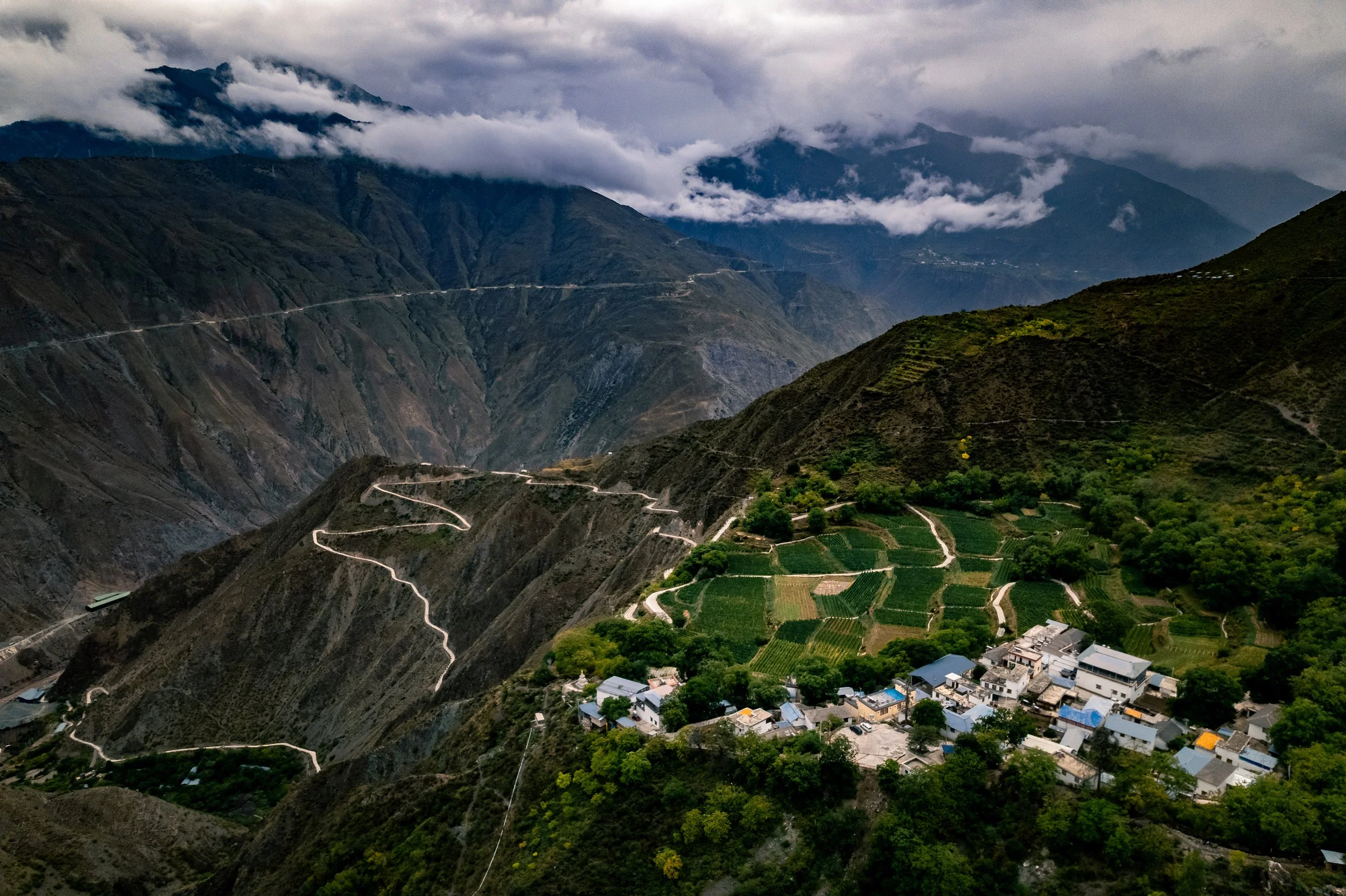Introducing Xiao Pu
“A radical departure from mainstream Chinese wine production which, for the past decade or more, has consisted of lots of huge new plantings, mostly of Cabernet Sauvignon” - Max Allen
Xiao Pu was one of those wineries that found me. I had just spent 3 months deeply researching everything about Chinese wine, combing every corner of the internet for information. Whilst I found a lot of ambitious, high-priced Bordeaux inspired wines, I couldn’t help but wonder what else was out there. Several acquaintances came back with one name: Ian Dai.
It seemed to be written in the stars. Not only was Ian coming to Melbourne a few weeks after we got in contact, but he had already been working with Francesco Tang, who shared a warehouse with a friend of mine, to bring Xiao Pu wines to Melbourne.
Immediately, I resonated with Ian’s winemaking philosophy and approach - unpretentious and hedonistic, wine made to be drunk every day in good company. They can be drunk out of a wine glass or a plastic cup - either way, they’re not trying to be serious, they’re fun.
We shared a bottle in Melbourne, he shared his story. He left a few bottles to sample in my own time, which I found to be an exciting breath of fresh air from everything I had sampled to date. Everything just made sense, and before we knew it, Xiao Pu was in Australia.
Founded in 2017, Xiao Pu is the ‘nomadic winery’ by négociant, travelling winemaker, educator, and wearer-of-many-hats Ian Dai. Partnering with over a dozen growers across 6 provinces (Ningxia, Gansu, Inner Mongolia, Hebei, Sichuan, and Yunnan), he makes lo-fi, natural-style cuvées including orange Chardonnays, light red Gemischter Satz, and flor-affected whites.
His bold, unapologetic style has placed him at the forefront of the natural wine movement in China. With dozens of small-batch cuvées every year, he has earnt a cult following and undoubtedly changing the direction of Chinese wine domestically and abroad.
By moving growers towards sustainable farming methods and regenerative agriculture, Xiao Pu operates under a deep respect for the land - capturing the unique characters of each region in China where he operates. He aims not to make a ‘perfect’ wine, but a true, living wine that reflects the land and its moment in time.
At the time Xiao Pu was founded, few people in the industry understood the travelling négociant model - most believed that in order to make high-quality wine, you needed a big Château, state-of-the-art winemaking equipment, and rows upon rows of vines. Ian proved that with the bare necessities, some improvisation, and a bit of grit, high-quality wine could still be achieved.
The freedom provided by négociant winemaking allows Xiao Pu to evolve in ways that traditional estates cannot: access to underutilised varieties such as Dornfelder and Welschriesling, and opportunities to make wine across diverse terroirs and microclimates.
Ian is now based in Chengdu - a more centralised location closer to his growing partners and vineyards in Ningxia, Yunnan, Gansu, Inner Mongolia, and Sichuan. However, vintage is spent dancing across the country - a night in one place picking, lunchtime on a plane, the afternoon in another place crushing, and repeat.
He has paved the way for younger innovative, experimental winemakers through the Young Generation China Wine group. He doesn’t see his wines as ‘natural wine’, opting instead for ‘minimal-intervention’, ‘slow-winemaking’, or ‘natural-style’ wine. Always collaborating with industry leads and restauranteurs to champion Chinese wines in their venues. He is also one of the faces of the successful Chinese-speaking wine podcast, Wine Wave (自然浪潮).
I am so proud to represent Xiao Pu in Australia, alongside Francesco Tang at Fancy Fine Wine.


